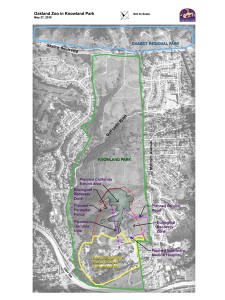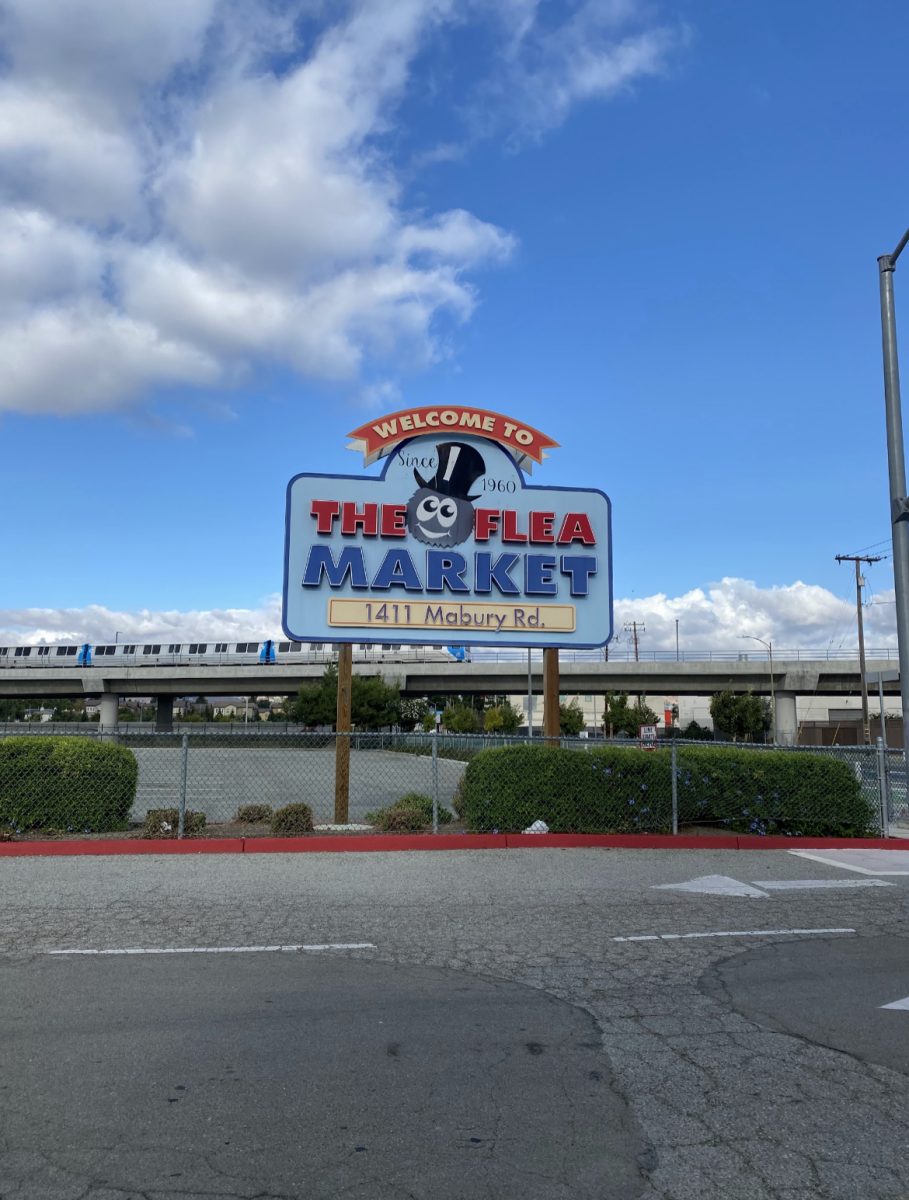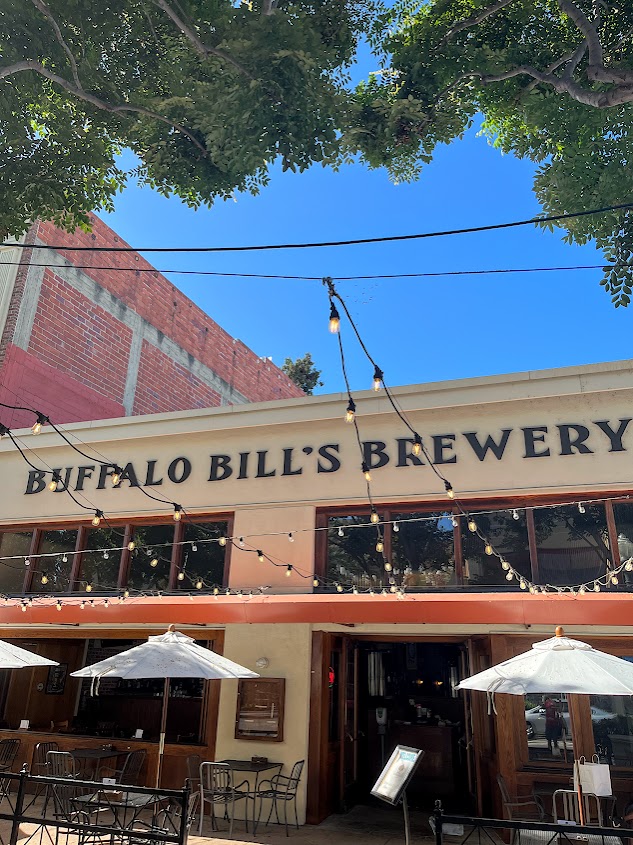
Despite plans more than a decade old, the expansion of the Oakland Zoo has come across recent opposition due to its controversial conservation strategies.
California Native Plant Society and Friends of Knowland Park filed a lawsuit against the Oakland Zoo and City of Oakland on July 21 over the amendments made to the 1998 master plan for the zoo.
The amendments are a number of improvements that have less of an environmental impact than the original expansion plan, including a reduction in footprint from 62 acres to 56 acres, the reconfiguration of a California-themed exhibit within the reduced footprint, an electric aerial gondola system instead of a road to the site, a new overnight camping area for educational purposes and a veterinary hospital for conservation.
These amendments were classified by the City under the California Environmental Quality Act (CEQA) as a subsequent mitigated negative declaration/addendum, which means that according to standards set by CEQA, the City identified harmful environmental impacts caused by the project amendments and required measures to avoid or reduce those impacts.
The original 1998 document was classified as a mitigated negative declaration, which required similar measures to avoid or reduce harmful environmental impacts.
Still, both groups agreed that this classification was insufficient and that the Zoo should conduct a full environmental impact report (EIR).
“The quantity is not reflected in the quality,” said Ruth Malone, co-chair of the Friends of Knowland Park. “Their estimates about greenhouse gases, visitor increases and traffic are seriously flawed. Their discussions about native plants and their mitigation measures are seriously flawed, and probably not even feasible to do.”
“The whole concept that they are doing this in the name of conservation is the ultimate irony, because they are plunking this thing down and they deliberately moved almost everything from the 1998 plan in such a way that it has much more impact on native plants, Alameda whipsnake habitat, and on the remaining parkland,” continued Malone.
The lawsuit included a requirement for the Zoo to complete a full EIR as well as a request for a temporary restraining order and injunction that would halt construction until the environmental review was completed.

“We have expressed our concerns every step of the way about the significant environmental impacts the Zoo’s development is likely to have on native plants and animals,” said Laura Baker of the East Bay Chapter of the California Native Plant Society in a recent press release.
In response to the accusations made by both groups, the Zoo defended the document’s adequacy and the benefits that would arise from the expansion.
“The city has gone through a rigorous multi-year environmental review process, and obviously the Zoo would have expected that the approvals of those agencies would really stand as the final word,” stated Nik Haas-Dehejia, director of strategic initiatives for the Zoo. “The project is both certainly environmentally beneficial and has such substantial benefits to the community.”
Despite efforts to conserve native species through the plan, the new expansion will encroach on the habitat of numerous species—including the federally and state listed endangered species, the Alameda whipsnake.
However, Haas-Dehejia explained how the Alameda whipsnake was provided for in the document’s list of mitigations.

“The zoo is very disappointed that legal action has been initiated and that they’ve been attempting to halt construction on the project,” said Haas-Dehejia. “For us, delaying construction—especially for the veterinary hospital—means that we’re jeopardizing the care and safety of our animals. We would rather spend money on caring for the animals and delivering educational programs for our children…and not use them to defend this project.”
On July 26, the request for the temporary restraining order was denied by an Alameda County Superior Court judge.
The next hearing is scheduled for August 16. If approved, the project will be stalled until the lawsuit is fully processed.
The lawsuit will continue even if the injunction isn’t approved, although the Friends of Knowland Park have reported they’re exploring the possibility of a settlement.











